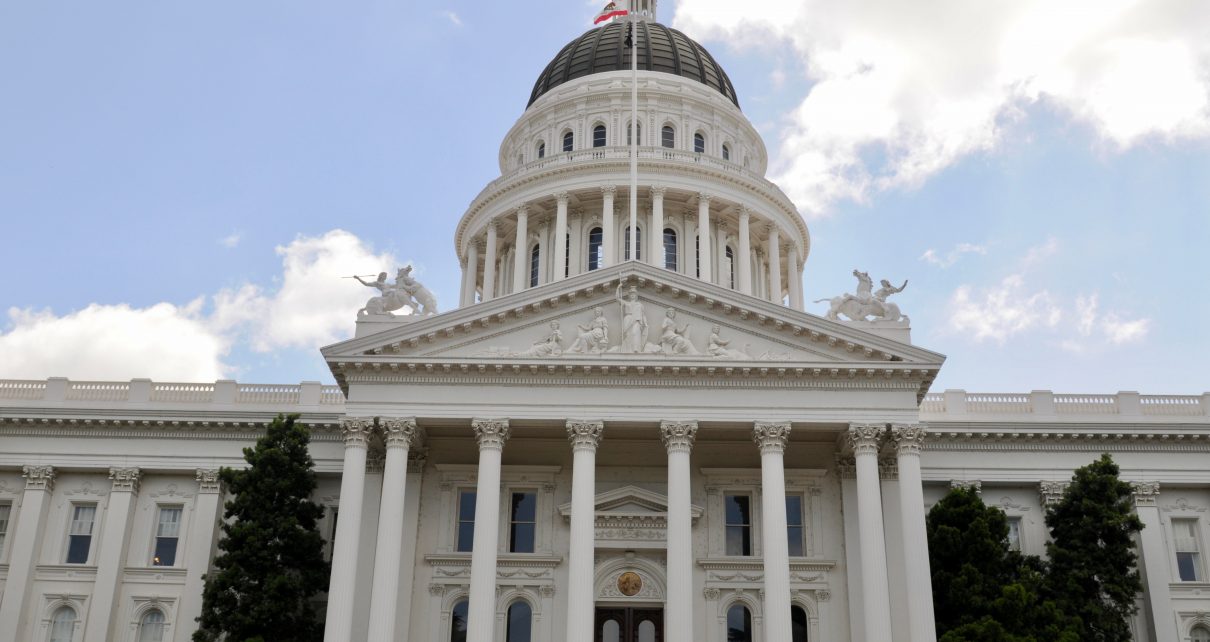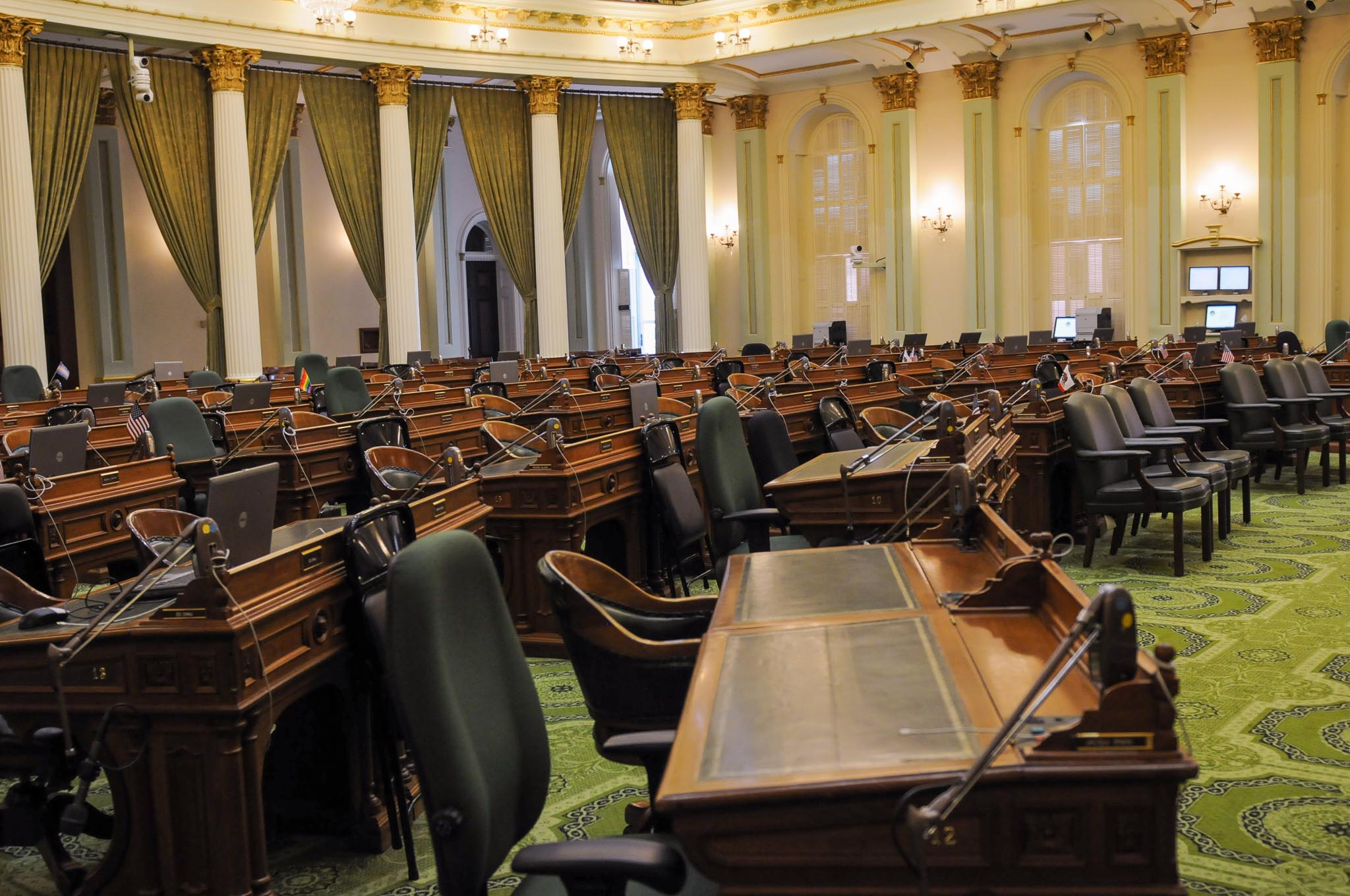
State Capitol Building. (Photo: Kevin Sanders for California Globe)
General Guidance in Reading the Welfare and Institutions Code
It is the purpose of this Code to provide protection, support or care of children
By Chris Micheli, July 7, 2022 12:39 pm
California’s statutes are contained in 29 separate codes. The twenty-ninth alphabetically is the Welfare and Institutions Code. All 29 Codes have general provisions applicable to reading and interpreting that Code’s sections. The following are selected general provisions of the Welfare and Institutions Code:
Section 1 – This Act is known as the Welfare and Institutions Code.
Section 2 – The provisions of this Code, in so far as they are substantially the same as existing statutory provisions relating to the same subject matter, are to be construed as restatements and continuations, and not as new enactments.
Section 5 – Unless the context otherwise requires, the general provisions set forth govern the construction of this Code.
Section 6 – Division, part, chapter, article, and section headings contained are not to be deemed to govern, limit, modify, or in any manner affect the scope, meaning, or intent of the provisions of any division, part, chapter, article, or section.
Section 7 – Whenever, by the provisions of this Code, a power is granted to a public officer or a duty imposed upon an officer, the power may be exercised or the duty performed by a deputy of the officer or by a person authorized pursuant to law by the officer, unless it is expressly otherwise provided.
Section 8 – Writing includes any form of recorded message capable of comprehension by ordinary visual means. Whenever any notice, report, statement, or record is required or authorized by this Code, it must be made in writing in the English language.
Section 9 – Whenever any reference is made to any portion of this Code or of any other law of this State, the reference must apply to all amendments and additions now or later made.
Section 11 – The present tense includes the past and future tenses, and the future tense includes the present.
Section 12 – The masculine gender includes the feminine and neuter.
Section 12.2 – The term “spouse” includes “registered domestic partner.”
Section 13 – The singular number includes the plural, and the plural number includes the singular.
Section 15 – The term “shall” is mandatory and “may” is permissive.
Section 16 – The term “oath” includes affirmation.
Section 18 – If any provision of this Code, or the application of it to any person or circumstance, is held invalid, the remainder of the Code, or the application of the provision to other persons or circumstances, is not affected.
Section 19 – It is the purpose of this Code, in establishing programs and services which are designed to provide protection, support or care of children, to provide protective services to the fullest extent deemed necessary by the juvenile court, probation department or other public agencies designated by the board of supervisors to perform the duties prescribed by this Code to insure that the rights or physical, mental or moral welfare of children are not violated or threatened by their present circumstances or environment. These essential services may be provided irrespective of whether the child or the family of the child is otherwise known to the responsible local agency.
Section 27 – Each agency and department responsible for listing in regulations the rights of children under this division must incorporate the rights of foster children on the list.
- Remote Marriage Licenses in California - July 27, 2025
- Legislative Policy on Bay Area Pilotage - July 26, 2025
- Small Craft Harbors and Waterways in California - July 25, 2025








One thought on “General Guidance in Reading the Welfare and Institutions Code”